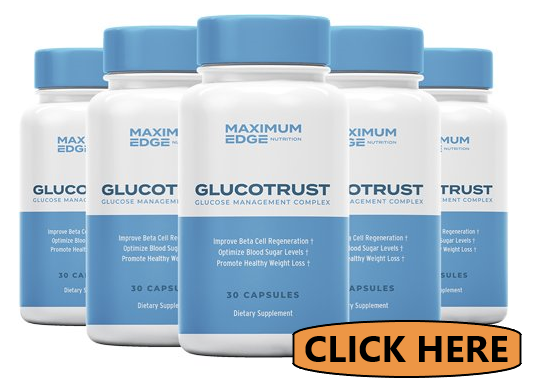
The Hidden Impact of Vitamins on Diabetic Seniors
As we age, the body’s ability to absorb essential vitamins often diminishes, which can lead to profound implications for health, particularly for seniors managing diabetes. Feeling exhausted after meals or experiencing unexplained nerve pain is often brushed off as a consequence of aging. However, these symptoms may actually indicate vitamin deficiencies that become more prevalent after the age of 60. In this article, we'll explore three crucial vitamins that can stabilize blood sugar levels, enhance energy, and protect nerve health—essential knowledge for seniors looking to maintain their independence and well-being.
In 'Top 3 Essential Vitamins Every Diabetic Must Take (Lower Blood Sugar)', the discussion dives into critical nutritional requirements, exploring key insights that sparked deeper analysis on our end.
Vitamin D: More Than Just a Sunshine Vitamin
Vitamin D is often known colloquially as the sunshine vitamin, primarily recognized for its role in bone health. However, its significance extends much deeper. Acts as a crucial command center for insulin management, vitamin D interacts with pancreatic cells to facilitate insulin release, ensuring that glucose in the bloodstream is effectively used for energy. Sadly, after age 60, the body’s ability to produce and utilize vitamin D declines significantly. A major study highlighted that seniors with low vitamin D levels face a 19% higher risk of developing diabetes, while those maintaining levels above 40 nanograms per milliliter could cut that risk by up to 76%. Regularly checking vitamin D levels and supplementing with vitamin D3, especially when taken with a meal that contains fats, can transform overall health and enthusiasm for daily activities.
The Protective Power of Vitamin B12
Vitamin B12 plays a critical role in maintaining nerve health, creating a protective sheath around our nerves crucial for optimal signal transmission. Unfortunately, the production of intrinsic factor, which is needed for absorbing Vitamin B12, declines by about 40% after the age of 60. This is particularly concerning for those taking metformin, a common medication for diabetes that further inhibits B12 absorption. Deficiencies in this vitamin can lead to alarming symptoms such as burning sensations in the feet or neuropathy. For seniors, administering daily B12 in its most absorbable form, methylcobalamin, may combat these symptoms and restore their quality of life. Success stories abound, with patients reporting significant improvements in their condition shortly after adjusting their vitamin B12 levels.
L-Methyl Folate: Protecting Your Brain Health
Continuing our examination of essential vitamins, we must consider L-methyl folate. While folic acid has long been praised for its health benefits, its efficacy diminishes after age 60 when the body’s ability to convert folic acid into a usable form slows down. L-methyl folate, however, bypasses these complications, supporting DNA repair and lowering levels of homocysteine, an amino acid associated with increased stroke risk among diabetics. Regular supplementation with L-methyl folate can significantly reduce risks and promote heart health. As one senior discovered, this vitamin not only stabilized his blood sugar but also significantly improved his overall well-being.
Why the Right Vitamin Matters for Independent Living
Navigating aging and diabetes is no small feat. Over the years, a narrative has developed around supplements and nutrition that can sometimes mislead rather than inform. Many assume that any form of vitamin will suffice, but as we have seen, the science tells a different story. Ensuring that seniors receive the correct forms and dosages of vitamins is vital not only for managing diabetes but also for maintaining independence and mental sharpness.

A Call to Action: Prioritize Your Health with the Right Vitamins
For those over 60 managing diabetes, the bottom line is clear: regular consultations with healthcare providers are essential for monitoring vitamin levels and considering appropriate supplemental strategies. The journey to healthier aging is not merely about managing numbers; it’s about enhancing the quality of life during these golden years. Engage with healthcare professionals to tailor a plan that includes checking vitamin levels, examining diet, and incorporating the right supplements. Remember, personal health is inexorably linked to family well-being; staying healthy allows for greater independence and joyful experiences.
Conclusion: A Brighter Future Awaits
Understanding the pivotal role of vitamins like D, B12, and L-methyl folate equips seniors to take charge of their health. The narrative surrounding diabetes and aging doesn’t have to end with stagnation; with the right knowledge and actions, it can be a time of vitality and renewed energy. So, which of these vitamins resonates most with your health journey? Your experience might inspire another to explore their health more deeply.
 Add Element
Add Element  Add Row
Add Row 




Write A Comment